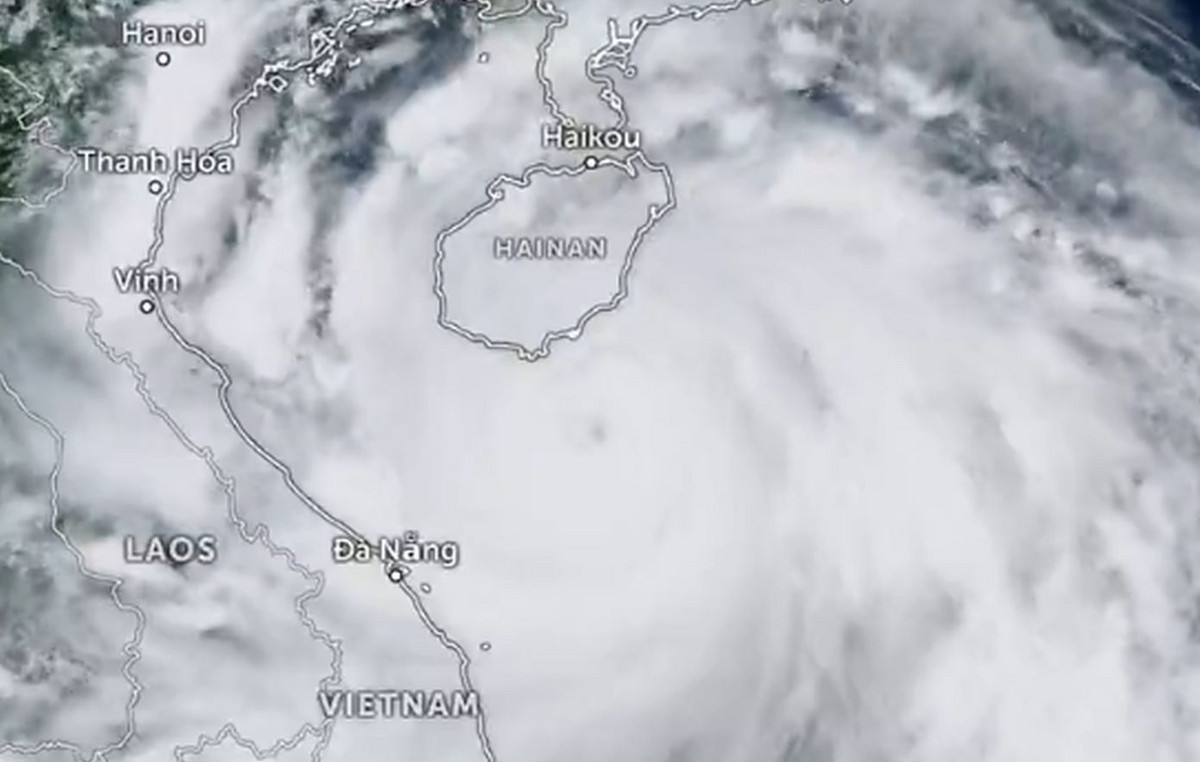China is offering its citizens cash rewards of up to 100,000 Chinese yuan (about R$137,000) for tips on people who put national security in jeopardy, as authorities intensify a years-long campaign to eliminate what they see as growing threats from outside espionage and “hostile forces”.
Successful informants can receive both “spiritual rewards” and “material rewards” in cash, according to rules released by the Ministry of State Security on Monday.
Monetary rewards are divided into four tiers based on the tip value, ranging from less than 10,000 yuan to more than 100,000 yuan.
The tips must be specific about the people and actions involved, and the information must be new to the authorities. Reports can be made in person, online, by post or over the phone.
For years, Chinese officials have encouraged the public to report on foreign spies and their Chinese collaborators through propaganda and incentive campaigns — efforts that have gained traction under Xi Jinping.
“We must ensure that national security is for the people and by the people, mobilizing efforts from the entire Communist Party and the entire society to unite powerful forces to guard our national security,” Xi told officials in 2016.
In 2017, the Beijing municipal government began offering rewards of up to half a million yuan to anyone who helped expose a spy. Within a year, authorities had received nearly 5,000 reports and rewarded informants ranging from scientific researchers to taxi drivers, according to the state-run Beijing News.
The new measures seek to standardize rewards and motivate the public, a representative of the Ministry of State Security told Legal Daily, a state-regulated newspaper.
“The formulation of the measures helps to fully mobilize the enthusiasm of the general public to help national security work, and unite the hearts, morals, wisdom and strength of the people,” said the ministerial representative.
The rules also come as Chinese officials and state media push the narrative that China is under attack, a constant threat from “hostile foreigners” who are allegedly trying to infiltrate and undermine the country in every way possible.
“China’s national security is faced with a severe and complex situation. In particular, international intelligence agencies and hostile forces have significantly intensified their infiltration and espionage activities, with more diverse means and targeting wider areas, posing a serious threat to China’s national security,” the ministry official said.
China’s growing suspicion of international influence is partly based on its geopolitical rivalry with the West, particularly the United States, as the country becomes more authoritarian at home and assertive abroad under Xi.
Jinping’s efforts to strengthen national security began a year after he took office. In November 2013, he organized a powerful National Security Commission — which he leads — to spearhead efforts and better coordinate across wings of the country’s security bureaucracy.
In 2015, China passed a national security law covering a wide range of areas, including defense, politics, economics, environment, technology, cyberspace, culture, space, ideology and religion. She also proposed a national hotline for citizens to report suspected spies or espionage.
On April 15, 2016, the country marked its first National Safety Education Day with an avalanche of advertisements, including a cartoon-style poster spread across Beijing, warning young civil servants about dating handsome foreigners — lest they fall in love with a potential James Bond.
During the second National Safety Education Day, an online publisher published books for schoolchildren to learn how to protect national security, where there were games like “find the spy”. The Global Times, a nationalist state-run tabloid, said the books were part of an effort to mobilize students from elementary schools to universities to create a “huge counter-spy force”.
Around the same time, an unofficial warning circulated on social media, listing ways to identify a potential spy. International correspondents, missionaries and members of Non-Governmental Organizations (NGOs) are among those classified as “likely suspects”, as well as people with “vaguely described jobs, multiple titles and a lot of money”, those who have “studied in several countries abroad”. and “people who regularly go somewhere to meet other people”.
But these campaigns have not only raised suspicions about foreigners living in China. They have been used to target government critics, social activists, lawyers, journalists, feminists and other prominent members of the Chinese public — mainly because of the broad and vague definition of “national security”.
On social media, liberal commentators are often accused by nationalists of being traitors to their country, and branded “worth 500k” — meaning they work for foreign spies and are worth a cash reward if reported.
Foreign forces and their Chinese collaborators are increasingly blamed as a pivot for social problems — from bad illustrations in school textbooks to criticism of the country’s Covid zero policy.
After the new rules were released, some Chinese social media users joked about “traitors” having downgraded the reward from 500,000 yuan in 2017 to 100,000 yuan, as there are too many of them nowadays.
Source: CNN Brasil
I’m Susan Karen, a professional writer and editor at World Stock Market. I specialize in Entertainment news, writing stories that keep readers informed on all the latest developments in the industry. With over five years of experience in creating engaging content and copywriting for various media outlets, I have grown to become an invaluable asset to any team.







